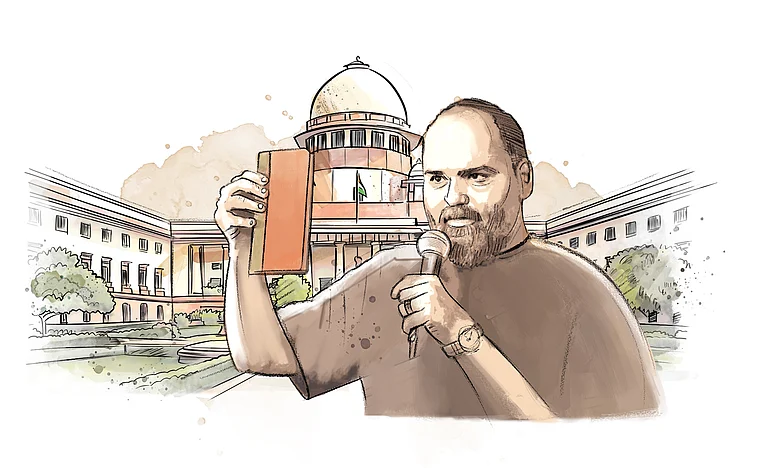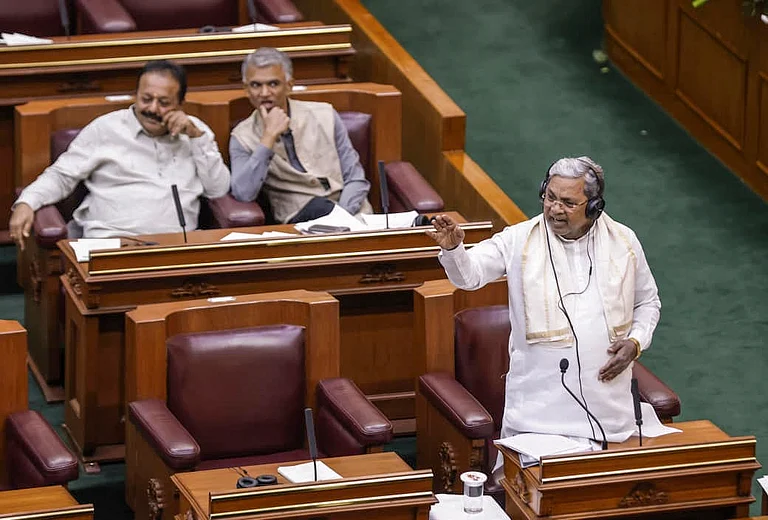
A bench of Justices Vikram Nath and Sandeep Mehta stated that monitoring every hate speech case is beyond the Supreme Court’s mandate and encouraged petitioners to use police and high courts.
The court emphasized that India already has robust legal frameworks to tackle hate speech, including suo motu powers granted to states and union territories.
It directed the petitioner to approach the relevant authorities first and left open the option of seeking redress from high courts if needed.
The Supreme Court on November 25 made it clear that it is neither willing to legislate anew nor to monitor every single instance of hate speech across India. The court observed that there are already adequate legal and institutional frameworks—police stations, high courts and existing laws—to respond to such incidents.
During the hearing, Justices Vikram Nath and Sandeep Mehta told the petitioner that the Court cannot act as a pan-India watchdog. “How can this court continue to monitor all such instances all over the country? You approach the authorities. Let them take action. Otherwise go to the high court,” they said.
The bench underscored that while hate speech is a serious offence, criminal and civil mechanisms already exist to deal with it. They advised the petitioner to utilize these established pathways, rather than seeking a blanket judicial solution.
In earlier rulings, the Supreme Court had directed states and union territories to act suo motu against hate speakers, even without a formal complaint, reinforcing that monitoring and enforcement should happen at local and state levels.


























